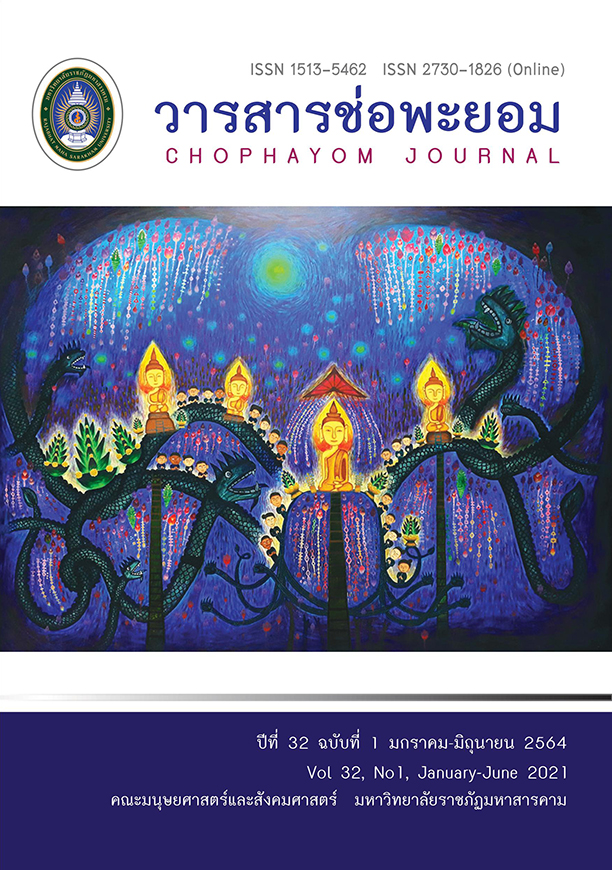Social Impact Assessment of Laos-China Transnational Hydropower Projects in View of the Fuzzy Comprehensive Evaluation
Keywords:
Transnational hydropower projects, social impact evaluation, fuzzy comprehensive evaluation, Nanoujiang cascade hydropower stationAbstract
Having been considered as clean energy, hydropower plays an important role in the energy strategy. Laos is rich in hydropower resources, attracting a large number of Chinese companies to invest in the construction of hydropower stations in Laos. While promoting the economic development of Laos, it also has a non-negligible impact on the regional social system. The objective of this study was to evaluate the social impact of Laos-China transnational hydropower projects which is of great significance for further improving its social benefits and promoting development. This paper constructed a social impact evaluation index for hydropower project investment projects from four aspects: social people’s livelihood, social culture, environment, and the impact of transnational factors on the social system, employing cascade hydropower projects in the Nam Ou river basin in Laos as a sample to conduct empirical analysis. The research results show that the overall evaluation of the Nanoujiang cascade hydropower station on the social impact was at a good level, indicating that it had a great effect on improving the overall social benefits. Among them, the social impact of the project was mainly reflected in social cultural of Laos, with the highest degree. In addition, the impact of the project on the transnational factors in the construction took the second place, and the impact on social environment and livelihood were relatively low. Keywords: Transnational hydropower projects; social impact evaluation; fuzzy comprehensive evaluation; Nanoujiang cascade hydropower station
References
Chen S. (2015). Simulation research on a comprehensive evaluation of national economic benefits of high-speed railway based on cloud model[J]. Xi'an Jiaotong University.
Chen Y, Wang L. (2011). Evaluation on the social impact of water conservancy projects based on the concept of harmonious development[J]. Value Engineering, 30(35): 88-89.
Hu YQ. (2006). Research on project social evaluation system based on the concept of harmonious development[J]. Science & Technology Progress and Policy, (1): 129-131.
Interorganizational Committee. (1994). Guidelines and principles for social impact assessment [J]. Impact Assessment, 12(2): 107-152.
Jia GS, Wang J, Yang FJ. (2013). Social impact assessment of engineering projects based on SNA[J]. Journal of Engineering Management, (04): 62-66.
Jia GS, Yang FJ, You R, et al. Research on social impact evaluation index system of large-scale construction projects based on GA-BP[J]. Science & Technology Progress and Policy, 2010, 27(19): 148-152.
Jiang XS. The innovative practice of World Bank loan forestry project[J]. Forestry Economy, 2010(11): 11.
Ren R. (2016). Research on the evaluation system of high-speed railway's impact on the urban economy and society[J]. Engineering Economy, (8): 52-56.
Shi NK. (2007). Evaluation index system of the social impact of agricultural technology projects[J]. Scientific Management Research, (6): 66-68.
Teng MM, Han CF, Liu XH. (2014). Construction of index system of social impact evaluation of China's large-scale infrastructure projects[J]. China Population, Resources, and Environment, 24(9): 170-176.
Wang ZB, Guo B, Yao SB, et al. (2012). Research on evaluation of the economic and social impact of returning farmland to forests[J]. Agricultural Economics and Management, (5): 60-69.
Wang, ZG. & Huang, CJ. (2018). The current situation, problems and countermeasures of water resources in Laos under the background of “One Belt One Road”[J]. World Agriculture, (11): 196-201+271.
Wu S, Shi GQ. (2018). The practical predicament and path selection of environmental and social management in the overseas hydropower investment[J]. Environmental Impact Assessment, 40(04): 12-16.
Yu, JQ., Cai, B., &Tang, XL. (2016). A summary of the development of Nanoujiang cascade hydropower station in Laos[J]. Hydro power, 42(5): 29-32.
Zhang S, Jing XB, Xu XX. (2014). Social impact assessment of land consolidation project based on SD and fuzzy comprehensive evaluation[J]. Chinese Agricultural Science Bulletin, 30(34): 81-88.
Zhao LQ, Huang YL, Liu HX, et al. (2014). Research on the new method of social impact evaluation of engineering project based on the method of variable analysis[J]. Construction Economy, 35(11): 122-125.
Zhou X. 2018). Evaluation on the coordination of comprehensive transportation and economic and social development in Jiangxi province based on DEA model[J]. Journal of East China Jiaotong University, (4): 68-75.
Zhou, XB. (2017). Comparative analysis of international water conservancy and hydropower project management modes[J]. Hydropower and Pumped Storage, 3(6): 114-119.






